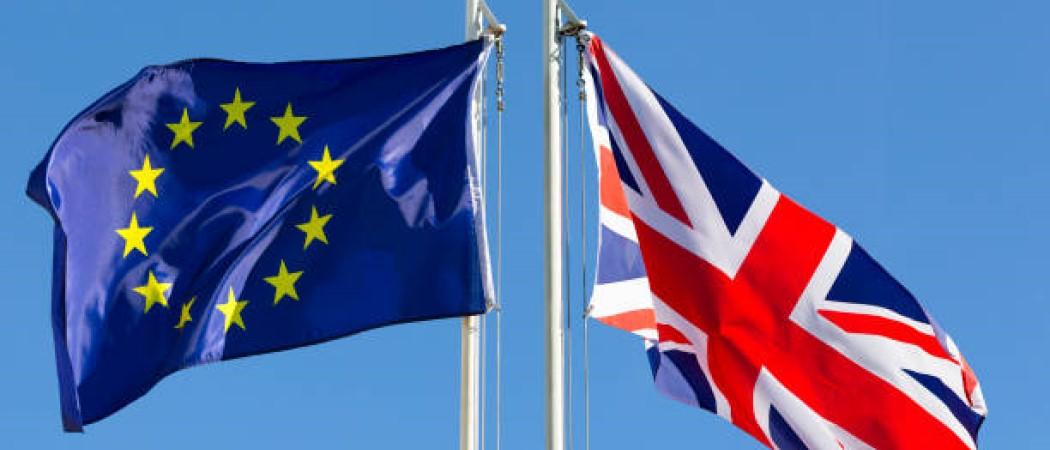Talks between the European Commission and the UK government continue, as the argument about how much the UK pays to join the research programme drags on

With negotiations on the UK’s association to Horizon Europe still ongoing, the UK government is looking for ways to ensure the smallest possible gap between how much money it will be putting into the programme and how much UK-based researchers get back.
Although the UK government has been paying the grants of UK researchers who participate in Horizon Europe, the uncertainty about association has made it hard to fully engage with the EU research community, reducing their capability to form and join consortia. It is expected this will make it hard for UK researchers to hit the ground running if and when the limbo over association ends.
The final hurdle to Horizon Europe association was meant to be cleared in March after London and Brussels agreed on the Windsor Framework, ending the row over the status of Northern Ireland in the EU single market.
However, the two sides are now negotiating the size of the UK’s financial contribution to the Horizon Europe budget which, according to the UK government, needs to be fair and proportionate, given the country has been excluded since the programme started in 2021.
The Commission has said the UK does not have to pay for 2021 and 2022, but the UK government says it will take time for the researchers to get back up to speed and join research consortia, putting them at a disadvantage in the years the programme still has to run.
According to the original UK-EU research deal agreed in December 2020, the UK has to pay into Horizon Europe a sum in proportion to its GDP. But, if for two consecutive years, the UK takes out more than it puts into the programme by an amount that exceeds 8% of its contribution, it will have to reimburse the EU to cover the difference.
In turn, the UK can terminate its participation in Horizon Europe if its financial contribution increases by 15%, or UK researchers are excluded from more than 10% of the programme.
According to sources familiar with the negotiations between London and Brussels, if financial models predict the UK would get less money than it puts in, it will be more difficult to convince the Treasury that Horizon Europe association is the way to go.
The UK government had set aside nearly €15 billion for Horizon Europe association but it has already returned parts of it to the Treasury and has published a blueprint for Pioneer, an alternative research and innovation programme it will roll out if talks with Brussels fail.
The government is keen on finalising the deal with Brussels as soon as possible, on the condition that the Commission acknowledges the financial details agreed in 2020 no longer fit with the potential of the UK’s research sector to achieve high success rates in Horizon Europe.
The Commission did not want to comment on how the negotiations are progressing. A spokesman reiterated the fact that the Commission does not expect the UK to pay for the period it wasn’t associated to the programme and that policymakers in Brussels are still committed to deepening cooperation with the UK in the fields of research and innovation.
Kurt Deketelaere, secretary general of LERU said the European Commission could show some flexibility and go beyond the two year exemption it has already put forward. “But let's see what arguments the UK has and see what can be done about them,” Deketelaere told Science|Business.
Deketelaere also noted that the two sides should “become rational again” and try to pursue a win-win deal. “The most important is that the UK comes on board, and that nobody is portrayed at the end as the loser and the winner,” he said.





 A unique international forum for public research organisations and companies to connect their external engagement with strategic interests around their R&D system.
A unique international forum for public research organisations and companies to connect their external engagement with strategic interests around their R&D system.